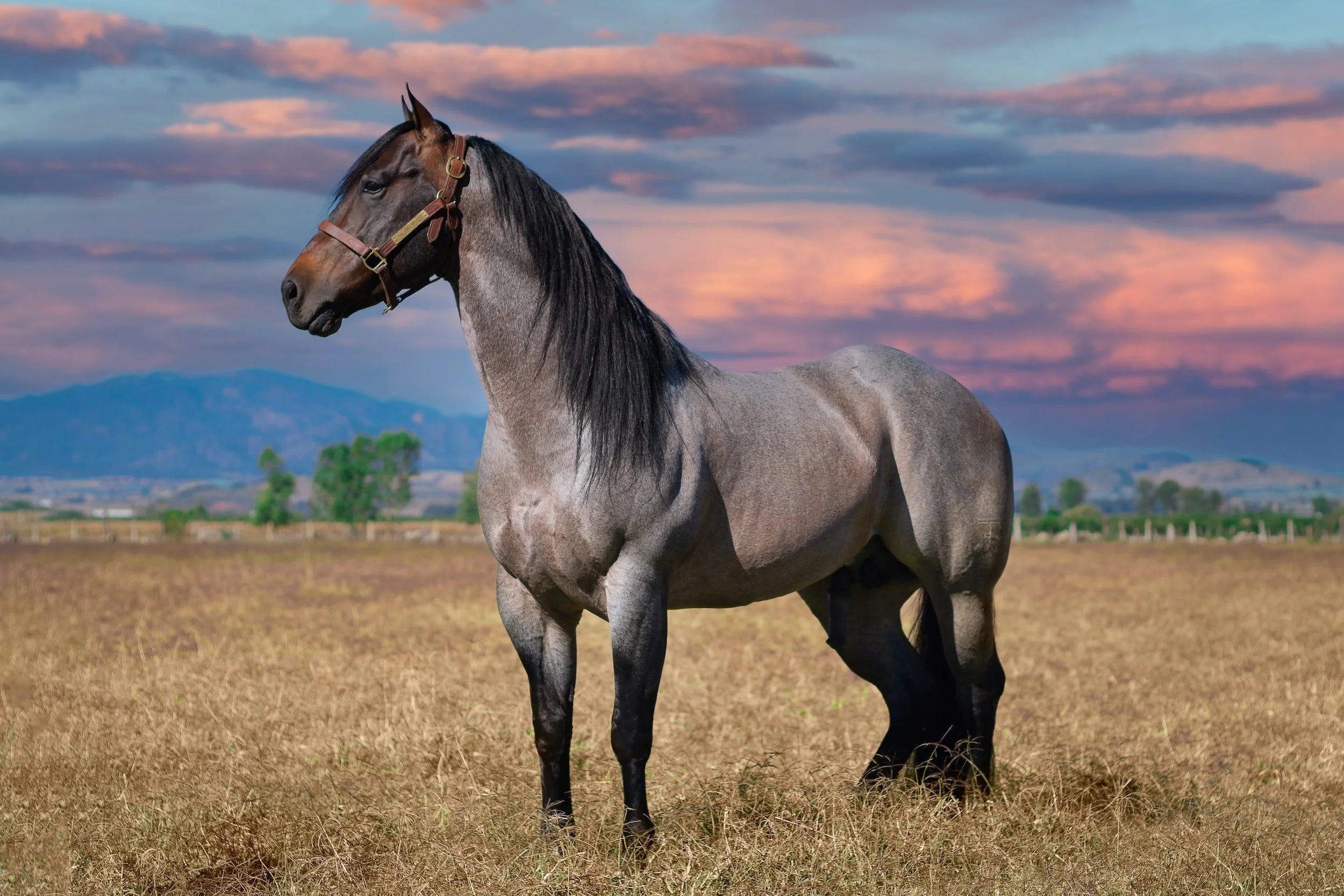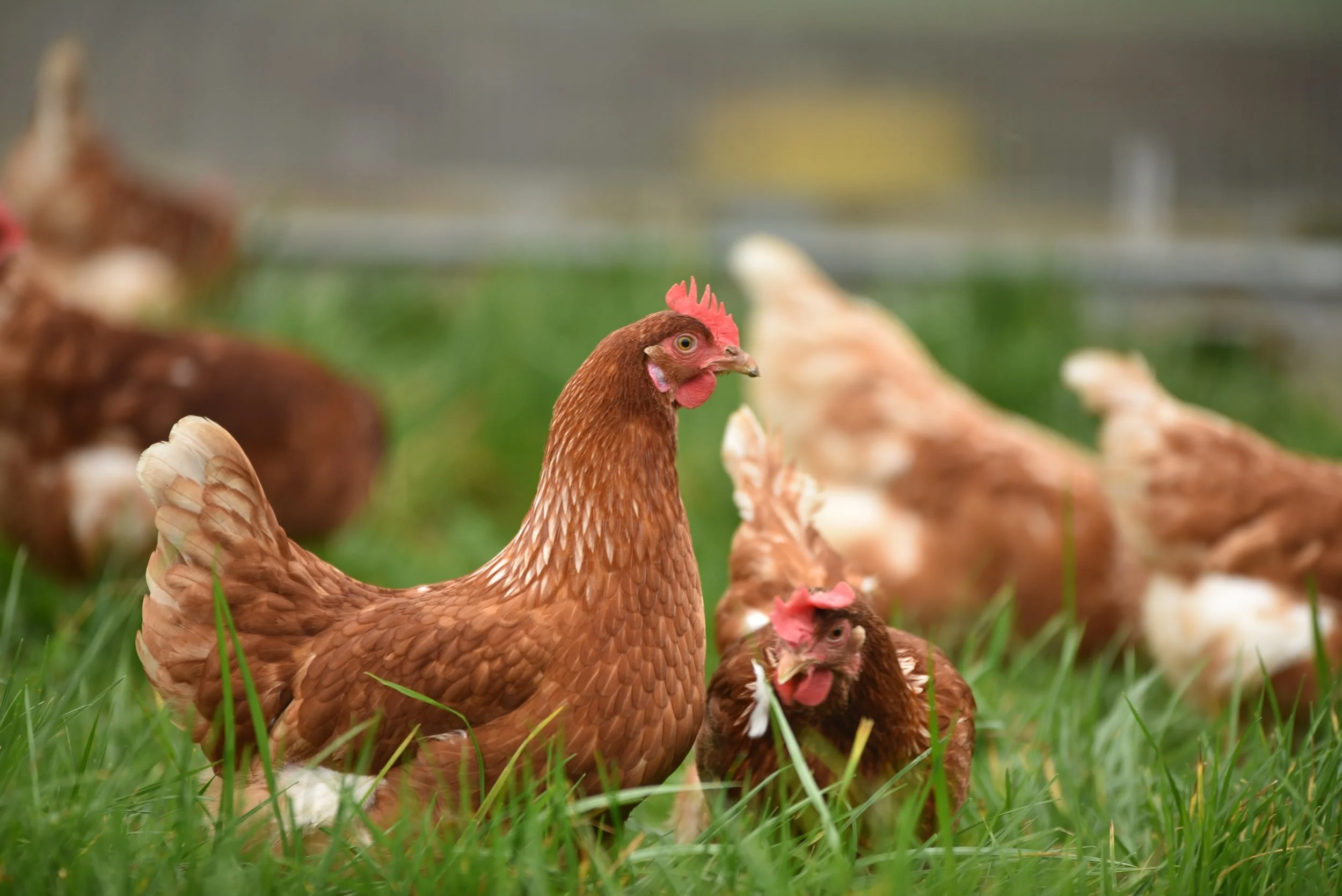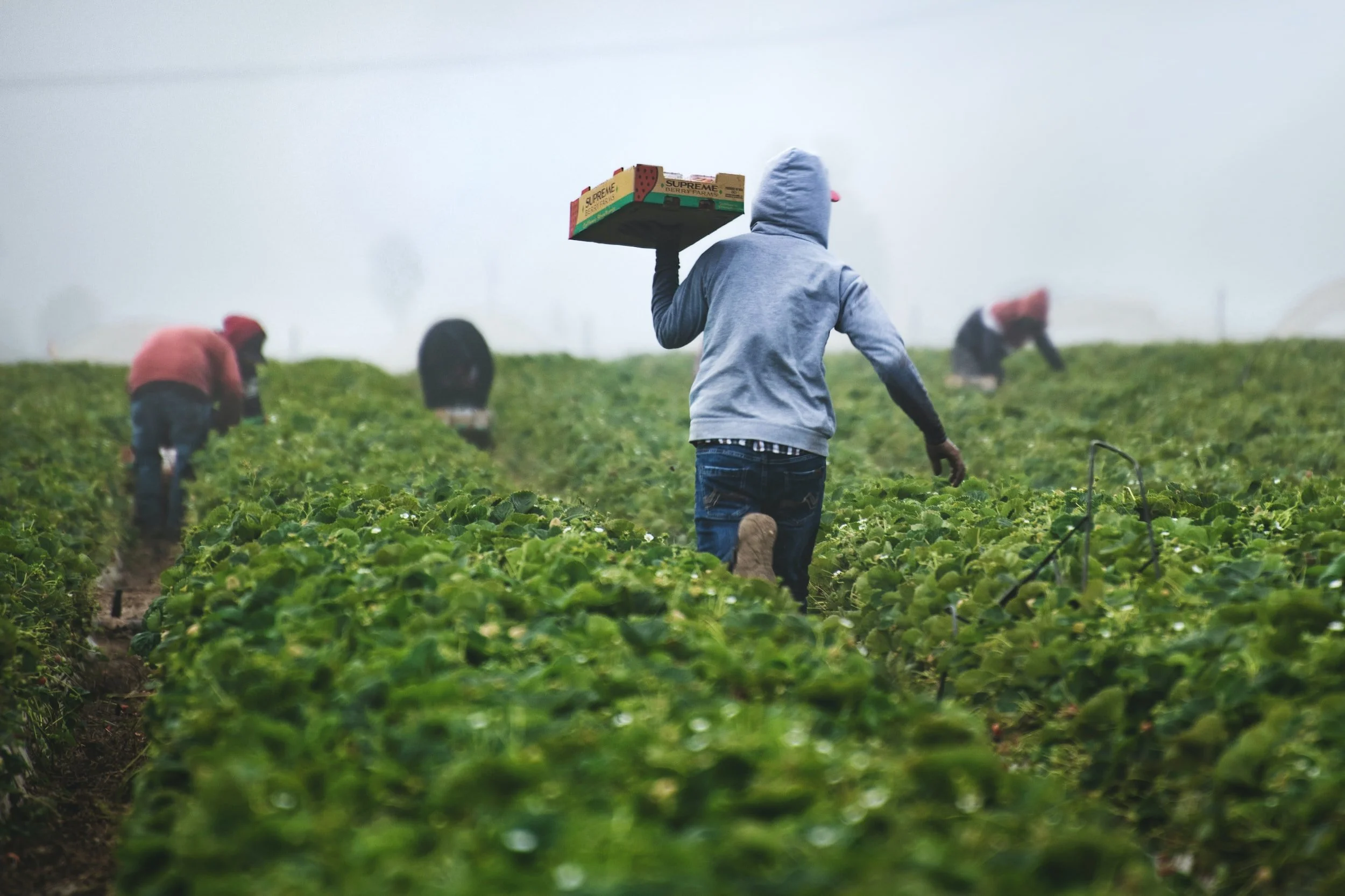VOLUME 9 - 2016-2017 - ISSUE 1
9 Ky. J. Equine, Agric. & Nat. Res. L. 1 (2017).
Article Written By: Lewis T. Stevens
This Article explores a Fifth Circuit decision surronding Equine Cloning and how the diametrically opposed decisions of the Jury and the Fifth Circuit could be based on the same factual record. It then explores the possible future of cloning and whether the Fifth Circuit Opinion has permanently closed the door on the registration of the get of clones.
Article Written By: Peter J. Sacopulos, Esq.
This article offers an in-depth comparison of two proposed Anti-Doping Bills: The Horseracing Integrity and Safety Act of 2015 (“HR 2641”) filed on June 3, 2015 by Rep. Joe Pitts (R-PA), 2 and The Thoroughbred Horseracing Integrity Act of 2015 (“HR 3084”), filed on July 16 by Rep. Andy Barr (R-KY).
Article Written By: Esther L. Roberts
This paper investigates the potential of synchronistic efforts between sister branches of government, including the United States Department of Agriculture (“USDA”) and the United States Patent and Trademark Office (“USPTO”), to help end the abusive practice known as “soring” in the Tennessee Walking Horse industry.
Note Written By: Elizabeth A. Beal
The argument and conclusion that hippotherapy provides a true meaningful benefit to children with cerebral palsy and, therefore, should not be excluded under the Rowley “some meaningful benefit” standard will be presented in the final part of this Note, as well as an argument about financial feasibility.
Note Written By: Hannah Simms
The makers of this popular Kentucky bourbon are not the only alcohol manufacturer that has found itself embroiled in a labeling controversy in recent years.This note will describe the most common cause of action pled by consumers in this particular kind of class action and will detail a number of cases to highlight the major inconsistencies plaguing court decisions
Note Written By: Garlan Joseph VanHook
This note then concludes that if Congress desires to increase ethanol blending volume requirements for fuel producers, they should first focus on passing legislation to create greater demand for ethanol fuels and improve the national infrastructure for ethanol fuels.
VOLUME 9 - 2016-2017 - ISSUE 2
9 Ky. J. Equine, Agric. & Nat. Res. L. 191 (2017).
Article Written By: Kael Bowling
On April 13, 2016, the United States Department of Agriculture’s (“USDA”) Agricultural Marketing Service (“AMS”) proposed major regulatory revisions to improve the welfare of organic livestock. In response to that proposal, some industry members argued the regulations contradict congressional intent and exceed agency authority. This Article addresses the industry members’ arguments in turn.
Note Written By: Christine M. Ficker
This Note asserts that Kentucky should dedicate resources to research honey bee populations and colony health, temporarily ban the use of neonicotinoid pesticides within the state, and work to educate the public about the issues honey bees are facing within the state, nationally, and worldwide.
Note Written By: Samuel M. Smith
Governor Tom Wolf and lawmakers from both parties have proposed that a severance tax on natural gas be enacted in the Commonwealth. No one can seem to agree on what form the tax should take. This begs the question of “what is the best severance tax plan for Pennsylvania?” This Note will attempt to answer that question.
VOLUME 9 - 2016-2017 - ISSUE 3
9 Ky. J. Equine, Agric. & Nat. Res. L. 349 (2017).
Article Written By: Bryan R. Reynolds
The combined use of horizontal wells and hydraulic fracturing has opened a vast new frontier of oil and gas development in unconventional resources, which have completely different production characteristics than conventional reservoirs, yet Kentucky’s spacing laws are applied in the same way to both types of reservoirs. Oil and gas conservation laws in Kentucky and other states have been specifically amended to address issues related to horizontal drilling and hydraulic fracturing. This article address whether such changes are adequate to address ever-advancing technology in the oil and gas fields.
Note Written By: Tatum Isaacs
In spite of the concerns raised about reviving slavery, many states are adopting farm programs in their prisons for various reasons. These programs have sparked hope for rehabilitation, but others have been unsuccessful ventures that were scaled back or eliminated entirely.
Note Written by: Zachary M. Sosnovich
This note examines the legal hurdles the Jockey Club faces in implementing a microchip program originally designed to alleviate issues of identification that are created by relying on general markings or tattoos. But with the long-term goal to implement a multi-state medical database that would allow veterinarians to update treatment information and keep horses exposed to dangerous medication out of the slaughter pipeline.
Note Written By: Andrew Williams
Under National Bioengineered Food Disclosure Standard (“NBFDS”), food products containing bioengineered organisms must be clearly identified as such on their labeling or packaging. This Note contends that NBFDS should be repealed or not enacted after review by the USDA.






















